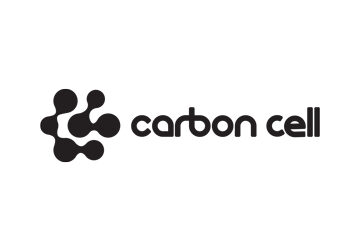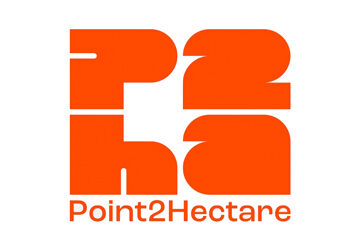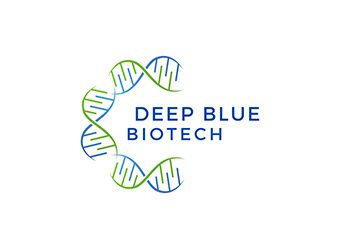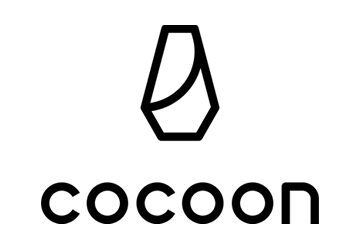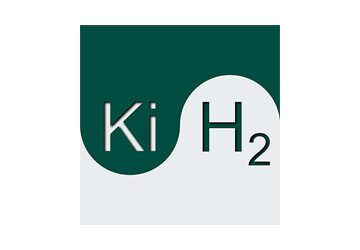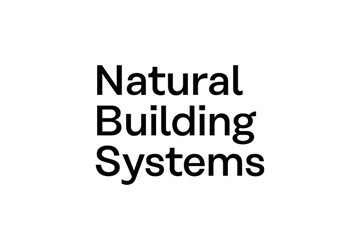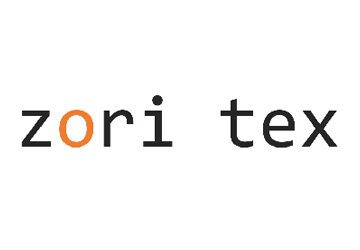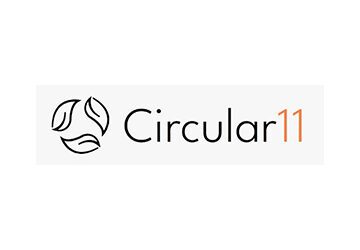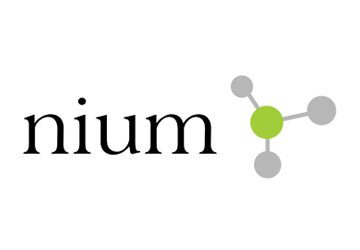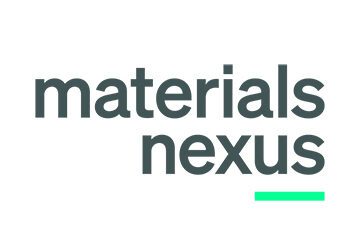Carbon Cell are on a mission to make polystyrene waste a thing of the past. Their high performance, fully compostable and carbon negative biochar can be used for a wide variety of applications, from packaging to construction. This expanded foam locks in carbon for centuries, making it the eco-friendly alternative to polymer-based versions. Carbon Cell also boasts a renewable supply chain, with feedstock made from waste streams such as textiles or even potato peels
Our Ventures
Anzen
Anzen is the world’s first climate wall with solid-state heating, cooling, and heat recovery ventilation technology. Taking on the problem of indoor pollution and energy inefficiency, Anzen’s solution aims to decarbonise heating and cooling at scale with one-day installations while making indoor climate control inclusive and intuitive.
Climalyst
Climalyst is revolutionizing DAC through energy-efficient methods that ensure permanent CO2 removal. Leveraging their expertise in mathematical optimization, machine learning, and chemical synthesis, they have conceptualized and are currently testing a groundbreaking process that not only consumes significantly less energy than existing commercial DAC solutions but also provides permanent storage solutions for both small and large-scale CO2 emitters.
fungtional.bio
Biomanufacturing is at a pivotal moment, needing accelerated R&D to unleash its full potential, currently constrained by traditional and iterative lab-centric methods. fungtional.bio’s solution: digital-first experimentation through a digital twin of microbial fermentation, a strategy that promises to redefine efficiency and innovation in the sector.
Point2Hectare
Founders Dr.Jan Mumme, Max Billinger and Diana Smite have launched NitroCharTM, a patent pending composite fertiliser of urea and biochar with embedded carbon removal designed to improve crop nitrogen supply and support healthy soil functions. One of its most notable benefits is the ability to enhance nitrogen use efficiency by 50%. And as a green fertilizer, it is ecotoxic-free.
Deep Blue Biotech
We believe in the power of synthetic biology to decarbonize many of our everyday chemicals. This will present a new and essential alternative to address the current climate crisis. By recreating the building blocks of our everyday economy, we will create the multiplier effect that we need now to make a real impact faster.
Cocoon
To decarbonise the world, we are going to have to build a lot more. This means we will need more steel and cement over the next 40 years than ever before. However, these two materials represent 15% of global emissions. We’re capturing CO₂ into industrial waste and upcycling this into a green cement alternative to decarbonise the steel and cement industries. This mineralisation process has been the focus of our Chief Scientist Officer’s research and we’re now commercialising it at scale.
Ki Hydrogen
Ki Hydrogen is a deep-tech climate venture using biomass electrolysis to produce green hydrogen at cost parity to fossil fuel based hydrogen. Their innovative technology uses up to 75% less energy compared with water electrolysis, while also producing valuable chemical commodities to be sold as co-products.
Natural Building Systems
Natural Building Systems has developed a carbon-negative modular system for sustainable construction. Using digital tools, they manufacture structural insulated panels (SIPs) with advanced bio-composites. The SIPs form an integrated ‘kit of parts’ analogous to flat pack furniture, delivered and rapidly assembled using non-specialist labour. Designed for disassembly and adaptation, their system reduces in-use carbon impacts by allowing zero waste alterations and re-use, and reduced operational carbon through improved energy efficiency, climate resilience and indoor air quality. The manufacturing process is energy-efficient and highly scalable.
Vundahaus
VundaHaus is making homes Vundaful! They are driving the decarbonisation of homes by industrialising the insulation process. Their prefabricated insulation kit can be installed faster than traditional methods and at a fraction of the cost of other off-site solutions. Combining 3D scanning, automated design and efficient off-site manufacture, they will increase the productivity of installer partners and drive down costs for property owners, enabling retrofit at scale.
Zori Tex
Zori Tex’s mission is to eliminate textile waste to landfill and incineration by innovating in technologies that unlock the value of circular textiles, enabling closed loop textile recycling to rapidly scale. Their solution uses AI driven vision to optimise sorting textile waste by fibre type, integrated with a traceability platform , trading and data analytics.
Circular11
Circular11 turns low-grade plastic waste into building materials and outdoor construction timber. By combining composite material technology with an innovative process control system, they are creating a functional material, from, and so an end-market for, the cross-contaminated and film-based plastic streams that make up 60% of global plastic waste. At the same-time, they are providing the materials for a zero-carbon built environment.
Phoenix Carbon
Phoenix Carbon is a composite recycling process, enabling a circular economy for the sustainable use of carbon fiber as a commodity and product across Aero, Auto, Marine and Leisure sectors. This reduces emissions by 87% compared to virgin carbon fiber.
Nium
Nium eliminates emissions by delivering hydrogen as a more efficient energy vector. Their novel nanotechnology revolutionises the Haber-Bosch process and enables the synthesis of truly green ammonia.
With two patents filed, Nium helps build the infrastructure and network for a cleaner future of food and fuel.
17Cicada
17Cicada is developing a bacterial platform for the production of chemicals from waste. Their first-of-its-kind technology produces building blocks for bioplastics, textiles, cosmetic and more. The low-hanging fruit is FDCA, a monomer which can replace terephthalic acid which comes from crude oil and is used to manufacture mainstay plastics.
BioZeroc
BioZeroc is decarbonising the construction industry by creating carbon-negative construction materials from waste products.
Their expertise in bio- and nanotech has allowed them to bypass the need for cement in concrete manufacturing, at minimal cost to producers and the environment.
Materials Nexus
Materials Nexus is seeking to revolutionise how new low-carbon sustainable materials are discovered and developed. Typically, getting a new sustainable material to market takes 20 years but this can be markedly reduced using their technology. Their initial focus is on novel alloys and ceramics, leading with high-strength, light-weight recyclable alloys to replace steel in the automotive industry, that promise up to 20% increase in fuel/battery efficiency.

